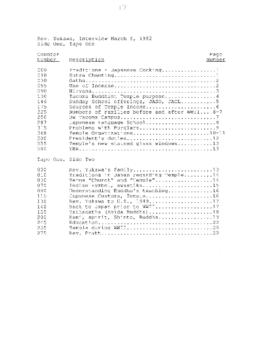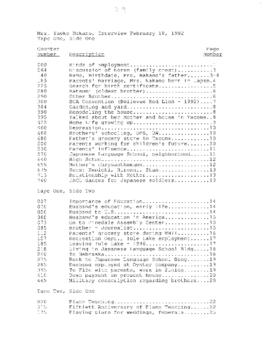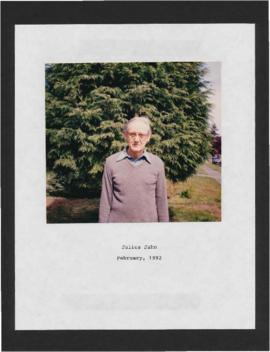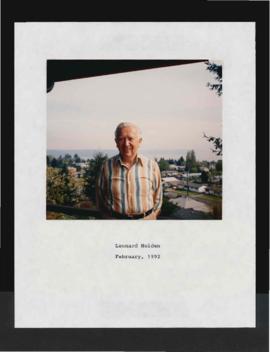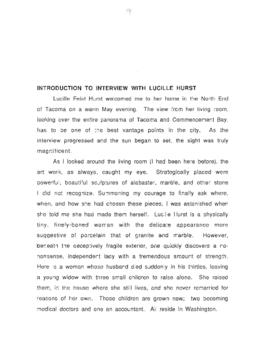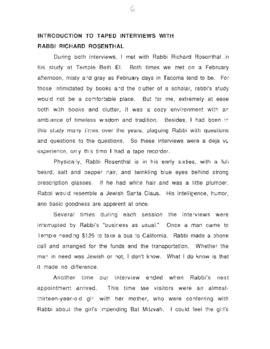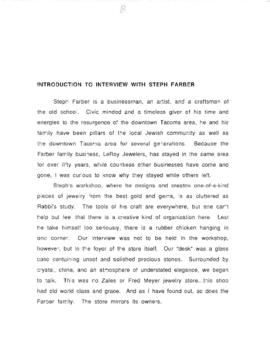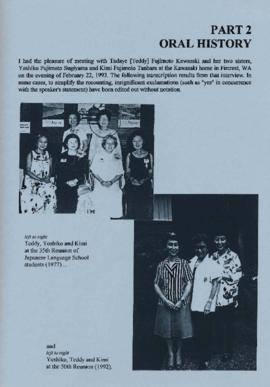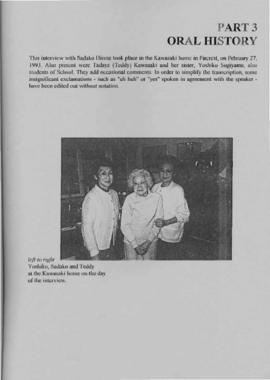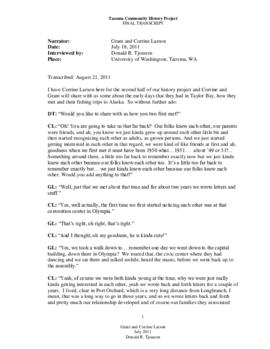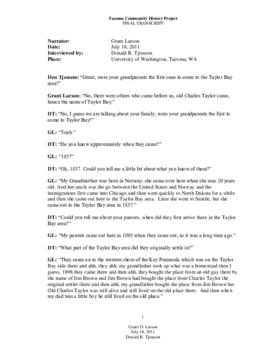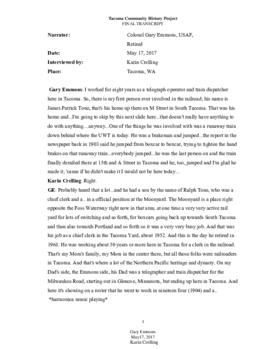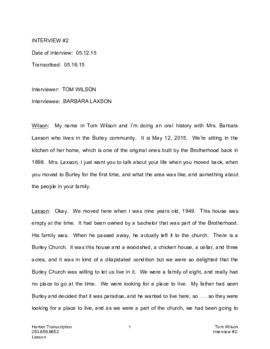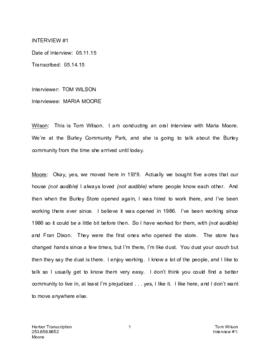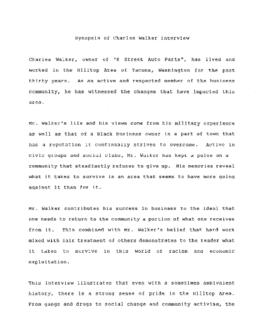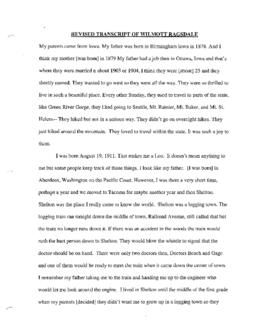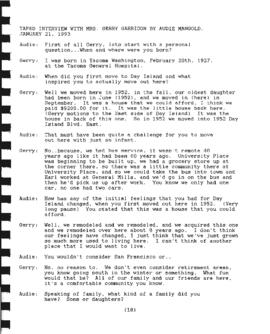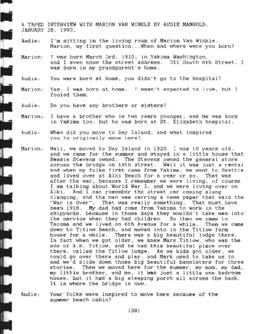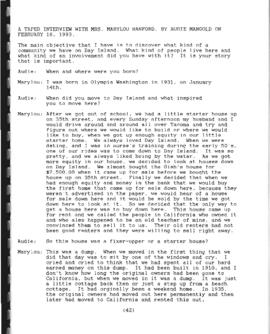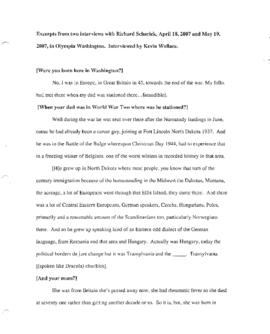Tacoma - 1717 South Fawcett, Tacoma, WA: A Brief Historical Perspective
- File
- 1992
Oral history interviews with Kosho Yukawa and Yaeko Nakano by Susan Stout conducted February-March 1992. This project includes interviews with the then minister of Tacoma Buddhist Temple, Reverend Kosho Yukawa, and Mrs. Yaeko Nakano, a longtime member of Tacoma Buddhist Temple and its principal organist. Yukawa describes Buddhist religious practices, the activities of the Temple and its various organizations, his family, and Sunya Pratt. Nakano discusses her family life growing up as a Japanese American in Tacoma, Washington during the Depression, her education, internment experiences during the Second World War, her training and work as a musician, and her involvement with the Tacoma Buddhist Temple in many capacities.
